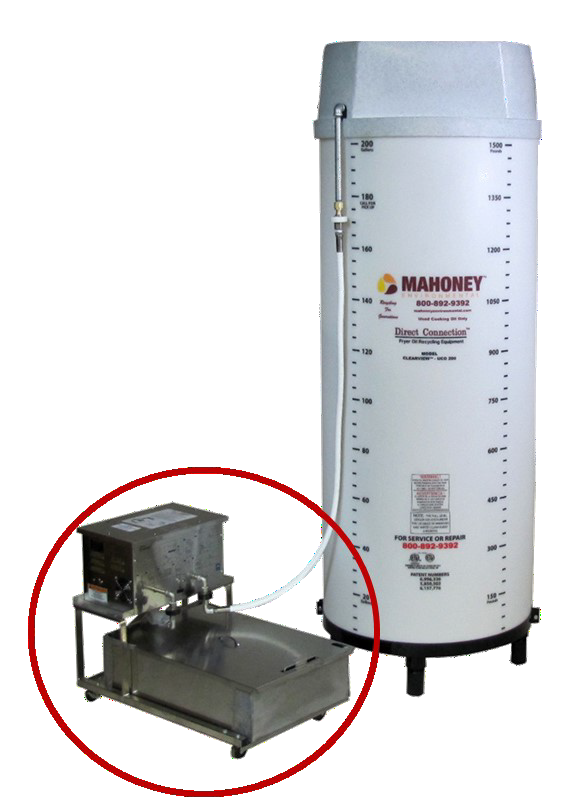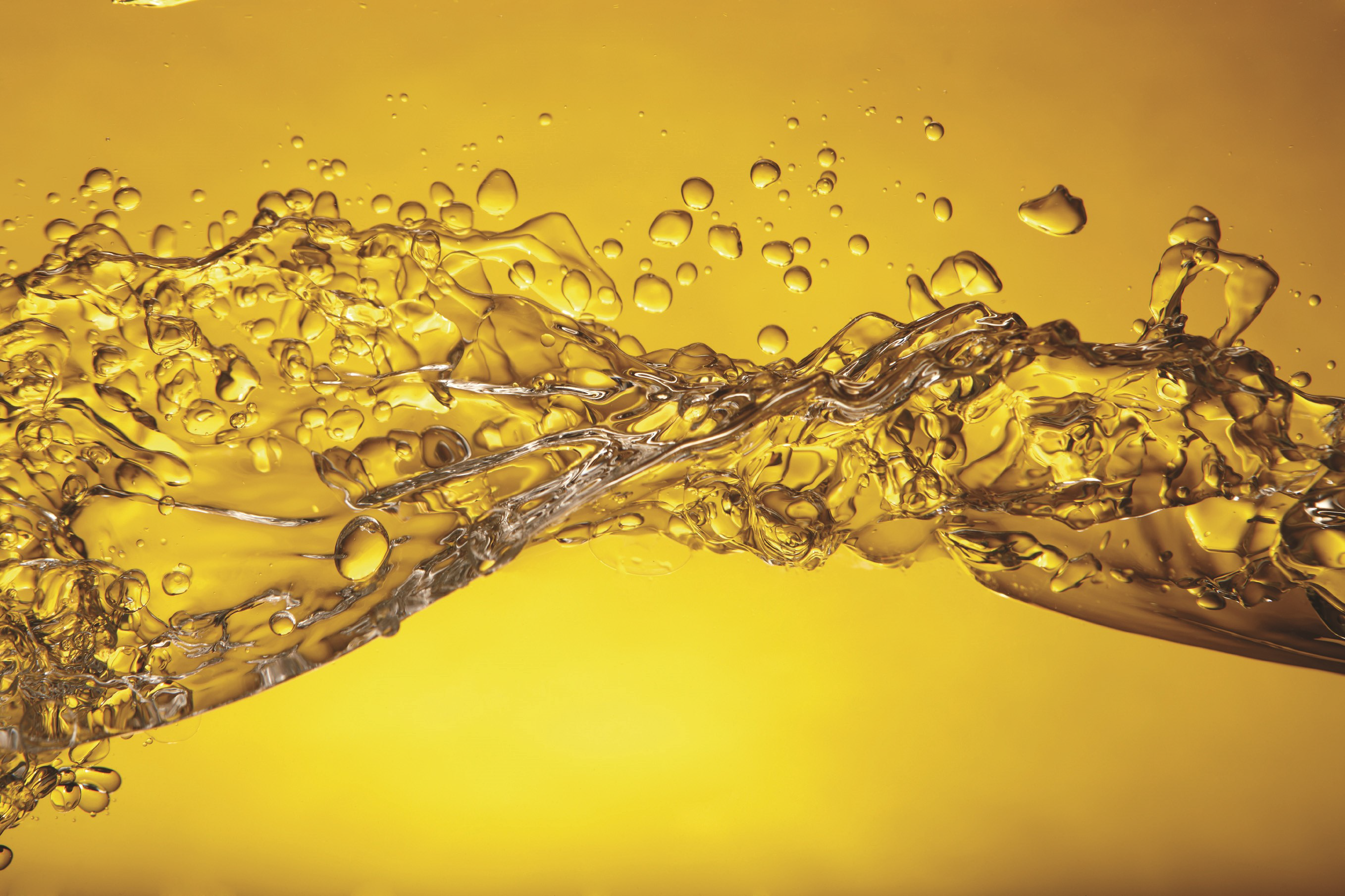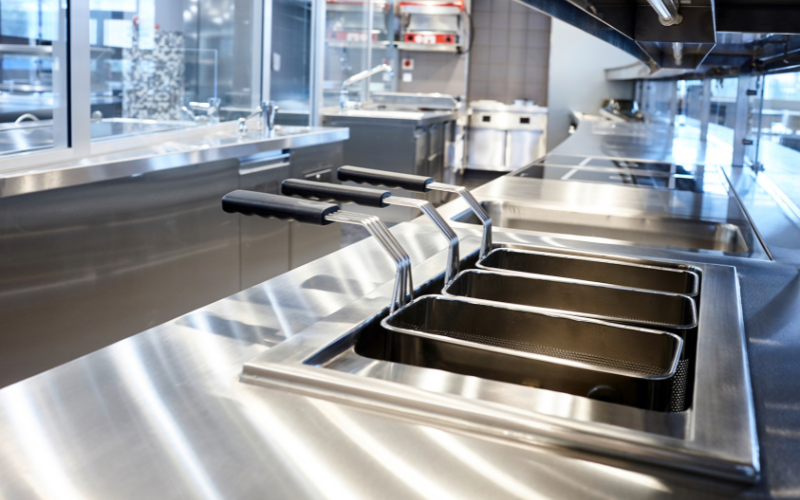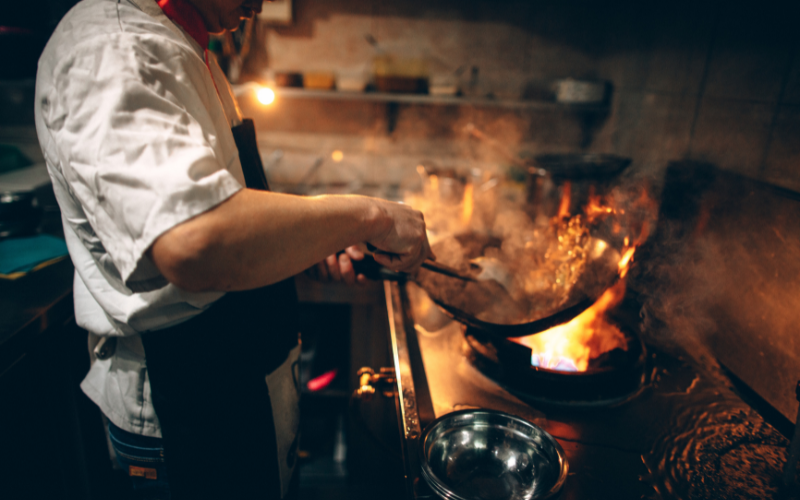Cooking oil is essential in all commercial kitchens. Whether your commercial kitchen is in a small corner spot or a large restaurant, you need to make sure your employees are properly handling the cooking oil, before, during, and after use. Effective cooking oil management is not only important for the efficiency of your kitchen and safety of your employees, but also for the natural environment. Used cooking oil can create slip and burn hazards within your kitchen if it is not handled properly and it can cause damage to the sewer system if it is washed down the drain. Improper handling of cooking oil can also result in fines for your establishment.
The best way to manage the cooking oil in your commercial kitchen is to have a restaurant oil management system in place. It also helps to work with a cooking oil professional such as Mahoney Environmental who can help you maintain your equipment and provide delivery and pick-up services for fresh and used cooking oil respectively. In this guide, we will cover what you need to know about cooking oil management from the delivery until it becomes too degraded for use.
Cooking Oil Deliveries

An important part of cooking oil management is having regularly scheduled deliveries, so you never run out of cooking oil during busy times. You can have cooking oil delivered in jugs that are within a box (jug in a box) or in bulk. Bulk deliveries are the cleanest and most efficient option as the oil is delivered straight into the storage tank in your oil management system that feeds your fryers. At Mahoney Environmental, we provide fresh cooking oil delivery services that include regularly scheduled and automated deliveries to ensure that you always have fresh cooking oil.
Cooking Oil Storage
Using bulk tanks for storing fresh cooking oil is the most efficient option as these containers are built to handle cooking oil and depending on your type of system, they can feed the fresh oil into the fryers. If you get fresh cooking oil delivered in jugs in boxes, you need to keep them stored indoors in a cool, dry place. They should be put somewhere out of the way and off the floor, so they do not pool on the floor. Pooled oil creates a slip hazard and attracts rodents and insects.
Filling the Fryers
If you have to pour oil into the fryers, make sure you pour slowly to prevent the oil from splashing onto the floor. Cooking oil can make floors dangerously slippery which can cause an injury among your employees. It is also very difficult to clean spilled oil from the floor because water and oil do not mix.
Adding Shortening
If you add solid shortening to the cooking oil, you should either melt it before adding it to the fryers or cut it into small pieces. Put the shortening below, between, and on top of the tubes without leaving any air spaces. Then turn on the burners for 5-10 seconds and turn them off for a minute, repeating the cycle until the shortening has melted. If there is smoke when the burners are on, this means that the shortening is burning. In this case, turn the burners on for a shorter amount of time and turn them off for longer in the cycle. Burnt shortening has a shorter life span.
Filtering Cooking Oil

The quality of the cooking oil you use will affect the quality of your food. Filtering the cooking oil regularly is a great way to maximize the use of the cooking oil and produce better quality food. Filtering the cooking oil can extend its useful life by one day each time while two days of oil life are lost every time you don’t filter the oil.
Your oil should be filtered to remove crumbs and other food particles 2-5 times per day. The best times to filter your oil are after the lunch rush and after the dinner rush, guaranteeing at least two filters per day. After 2-5 uses, you should replace the oil with fresh cooking oil.
Oil Filtering Tips
We recommend that you use a Portable Filer Machine (PFM) to filter your oil following these steps:
- Do not filter the oil until it is cooled
- Put the grate with the elevated bars on the floor of the PFM
- Put a fresh piece of filter paper on the top screen and smooth it out
- Put the weight on top of the filter paper
- Push the handles of the weight into the protruding metal pieces on both ends to lock it in
- Put the basket back into the PFM to catch large crumbs
- Attach the hose and filter wand
- Remove the PFM lid and keep it nearby
- Roll the PFM to the fryer and open the fryer door
- Screw the adapter into the exit pipe
- Make sure the spout is facing down in the food basket
- Secure the extension onto the exit pipe
- Open the exit pipe valves so the oil starts to fill the PFM
- Aim the wand into the center of the fryer and turn on the PFM
- Let the oil circulate through the PFM and back into the fryer
- Rinse food particles off the sides of the fryer with the oil
- Run the motor on the PFM for about 6-8 minutes which will allow the oil the circulate through the filter machine several times
Degraded Cooking Oil
Cooking oil will naturally degrade as it is used, but there are factors that can speed the degradation. It is important to protect the cooking oil from the following to keep the oil pure and extend its usefulness:
- Water: Keep water out of the cooking oil by allowing frozen foods enough time to thaw before putting them in the fryer.
- Heat: Keep the heat below 250 degrees F when not in use or turn off the vats.
- Air: Keep the oil vat covered with a metal lid when not in use or when the kitchen is closed.
- Soap: Fryers should be cleaned with hot water only. If you use soap to clean the deep fryer, make sure you rinse the fryer with a dilute vinegar solution to remove soap residue.
- Salt: Food should never be salted or seasoned in or over the deep fryer. Your kitchen should have a separate station away from the fryer for salting and seasoning.
- Carbon: Charred food crumbs need to be removed from the vats.
You should never use degraded cooking oil because it will negatively affect the flavor, smell, and color of your food. Make sure the cooking oil is changed before it starts to smoke or foam. Degraded cooking oil can also cause adverse health effects as it contains oxidized lipids and acrylamides.
Cooking Oil Management Services from Mahoney Environmental
Effective cooking oil management is crucial for commercial kitchens and involves proper use of the equipment and oil. With the proper management of your cooking oil, you will have better tasting food and a safer kitchen while avoiding fines for mishandling the oil.
Many establishments work with a professional such as Mahoney Environmental to help better manage their cooking oil. At Mahoney Environmental, we offer fresh cooking oil delivery and restaurant oil recycling to ensure that you always have fresh cooking oil and to remove the used oil so it can be properly recycled. We can also help design, install and upgrade the cooking oil equipment in your kitchen to ensure that you can manage the cooking oil safely and with ease.
Give Mahoney Environmental a call at (800) 892-9392 to learn more about how we can help your establishment with your cooking oil needs.



 Call Us Now (800) 892-9392
Call Us Now (800) 892-9392